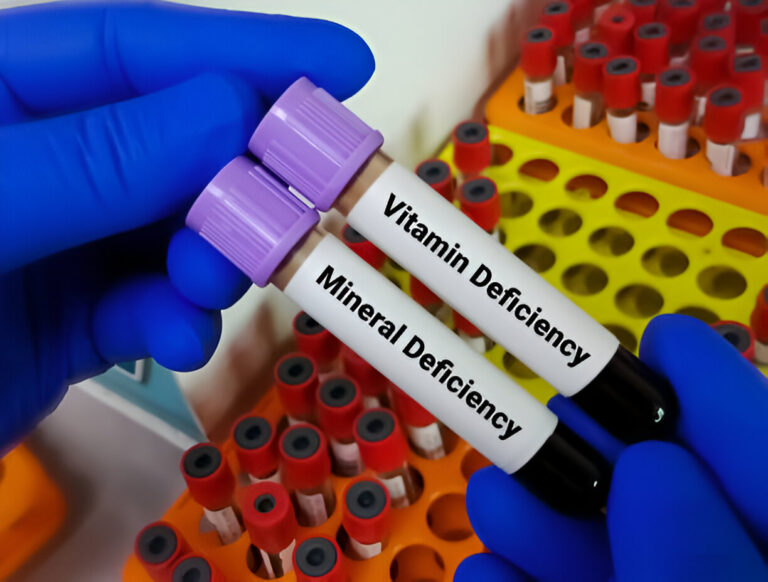Hair loss can be a distressing experience, and while many factors can contribute to it, a common and often overlooked cause is vitamin deficiency. Your hair needs essential nutrients to remain healthy, strong, and vibrant. If you’ve noticed thinning or excessive shedding, it might be time to consider whether you’re getting enough of the right vitamins. In this post, we’ll explore which vitamin deficiencies are linked to hair loss and how to support your hair with targeted nutrients.
Common Vitamins Linked to Hair Loss
A lack of key vitamins in your diet can disrupt the natural growth cycle of your hair, leading to weak strands and shedding. Here are some of the most common deficiencies associated with hair loss:
1. Biotin (Vitamin B7)
Biotin is a powerhouse vitamin for healthy hair, skin, and nails. It helps produce keratin, the protein that forms the structure of your hair. A deficiency in biotin can lead to brittle hair and increased shedding. Incorporating biotin-rich foods or taking supplements with the best vitamins for hair growth can help restore hair strength and resilience.
2. Vitamin D
Vitamin D plays a crucial role in stimulating hair follicles, and a deficiency can lead to hair thinning or even alopecia. Since the body produces vitamin D when exposed to sunlight, insufficient sunlight exposure can be a factor. Adding vitamin D-rich foods to your diet or taking a supplement can support your scalp and hair health.
3. Iron
Iron deficiency, or anemia, is a common cause of hair loss, particularly in women. Iron helps carry oxygen to the hair follicles, and a lack of it can weaken the strands and slow growth. Ensuring your diet includes iron-rich foods like spinach, red meat, or fortified cereals can help combat hair thinning.
4. Zinc
Zinc is essential for repairing damaged hair follicles and maintaining the oil glands around them. A deficiency in zinc can lead to hair shedding and even scalp issues. Supplements containing zinc can help balance your levels and support healthy hair.
5. Vitamin E
Vitamin E is a powerful antioxidant that supports scalp health and prevents oxidative stress. A lack of vitamin E can contribute to hair dryness and damage. Incorporating vitamin E-rich oils or supplements into your routine can help protect and strengthen your hair.
For individuals dealing with additional skin concerns like redness or irritation, ingredients like azelaic acid rosacea treatments can complement hair and scalp care, ensuring a holistic approach to skin and hair health.
Signs of Vitamin Deficiencies on Hair Health
Recognizing the signs of vitamin deficiencies can help you take action early and prevent further hair loss. Here are a few symptoms to watch for:
- Increased Shedding: Losing more strands than usual when brushing or washing.
- Dry, Brittle Hair: Hair that breaks easily or feels coarse may indicate a lack of nutrients.
- Slow Growth: A prolonged growth cycle can result from vitamin deficiencies.
- Thinning Hair: Overall reduction in volume or bald patches could signal a need for essential vitamins.
If you’re experiencing these symptoms, incorporating products like the best hair growth serum alongside hair supplements can offer targeted support to improve growth and thickness.
Final Thoughts
Hair health begins from within, and addressing vitamin deficiencies can have a transformative effect on both the strength and appearance of your hair. Whether it’s adding the best vitamins for hair growth or using a high-quality best hair growth serum, taking proactive steps can help you regain control over hair loss. Pairing proper nutrition with a comprehensive skincare approach, including treatments like azelaic acid rosacea, ensures you’re supporting your hair and scalp for long-term health.


